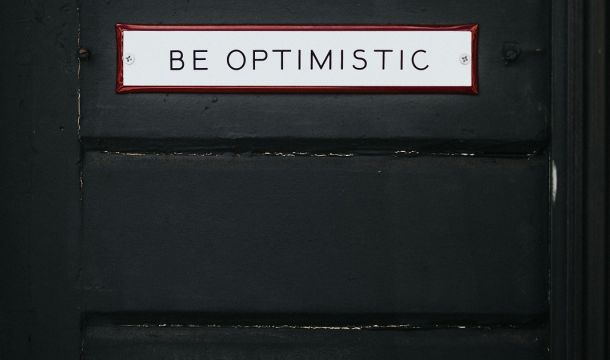Justice Reinvestment: What It Is, and Why It’s Important
Dennis Giever, PhD, Indiana University of Pennsylvania
In 2004, Connecticut became the first state to enact justice reinvestment legislation. At that time, Connecticut had seen a 7% increase in its prison population over the prior four years. As a result of this pilot effort, the state was able to cancel a contract to build a new prison, saving the state about $30 million. Connecticut was also able to return inmates housed out of state, due to overcrowding, while reducing the recidivism rate by two percentage points. The state then reinvested $14 million of that savings into community-based crime prevention programs. These programs include mental health and addiction services, neighborhood programs, and a retooling of probation and parole services, with a focus on reducing technical violations. One million dollars also was allocated for transitional housing for people released back into the communities of New Haven and Hartford. One major goal in Connecticut was to decrease the number of probation and parole violators who were reincarcerated. To accomplish this, the state reinvested monies to increase the number of probation and parole officers working with these individuals. Justice reinvestment is a data driven, evidence-based approach to improving public safety by examining criminal justice spending and reallocating savings in a more cost effective manner to help communities and reduce crime. The Justice Reinvestment Initiative (JRI) provides technical assistance to states, localities and tribal communities. The JRI is a public-private partnership between the Bureau of Justice Assistance and the Pew Charitable Trust.
Justice reinvestment is an evidence-based initiative that examines corrections and criminal justice spending, helps manage and allocate the criminal justice population in a more cost effective manner, and reinvests a portion of the savings in strategies that can hold offenders accountable, decrease crime, and strengthen neighborhoods (https://www.bja.gov/programs/justicereinvestment/what_is_jri.html).
The goals of this initiative are rather straight forward: reduce spending on corrections while increasing public safety, and reinvest portions of those savings into strategies that can help reduce crime and strengthen communities. To accomplish these goals, policy makers are required to establish bipartisan working groups of elected and appointed officials which partner with nationally recognized criminal justice policy experts. The working group may include judges, prosecutors, public defenders, law enforcement and corrections officials, community leaders, victims or victim advocates and other community leaders. Together these stakeholders engage in the following processes:
Analyze data: With the assistance of the nationally recognized criminal justice policy experts, the site will analyze crime, arrest, conviction, jail, prison, and probation or parole supervision data from the last five to ten years. Experts also will assist in the analysis of the cost-effectiveness of correctional system policies, practices, and programs.
Develop policy options: Using the data collected, experts will help the working group develop practical, data-driven, and consensus-based policies to reduce spending in corrections and to reinvest in strategies that can improve public safety.
Adopt new policies: The legislative and executive agencies can then translate policy recommendations into legislation, executive orders, and/or administrative policies.
Implement new policies: Jurisdictions can receive technical assistance and seed funding to support the implementation of these justice reinvestment strategies.
Reinvest: Jurisdictions then reinvest a portion of their savings to evidence-based, public safety strategies and programs.
Measure performance: Jurisdictions monitor performance and outcome measures to ensure that related programs and reinvestment strategies achieve their projected outcomes.
In January of 2014, the Urban Institute released an assessment report covering 17 JRI states and concluded that each was making steady progress toward achieving the goals of reducing correctional spending and reinvesting in recidivism-reduction strategies. At the time of the report, eight states had their policies in effect for at least a year, and of those, all eight had experienced meaningful reductions in their prison populations and five had either met or exceeded their population reduction goals. The Urban Institute projected that the cost savings to the initiatives in these 17 states could amount to a $4.6 billion savings over an eleven year period (http://www.urban.org/research/publication/justice-reinvestment-initiative-stateassessment-report).
These state and community efforts are ongoing, and anyone interested in these initiatives can read further summary reports at The Justice Center – The Council of State Governments website (https://csgjusticecenter.org/jr-posts/).
Recent Articles

Understanding the Criminal Pathways of Victimized Youth

The Price of Punishment: Exclusionary Discipline in Connecticut PreK-12 Schools

Breaking the Cycle of Absenteeism: Strategies for Prevention

Evidence-Based Professionals' Monthly - March 2024

Quarterly for Evidence-Based Professionals - Volume 8, Number 3

Evidence-Based Professionals' Monthly - April 2024

Unlock the Power of Cognitive Behavioral Therapy (CBT): Elevate Your Practice!

MI Days-2.0
